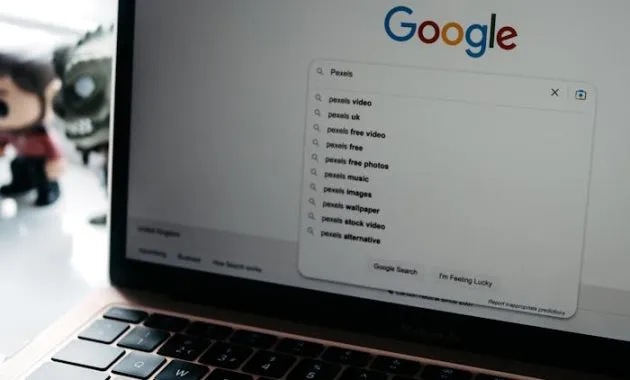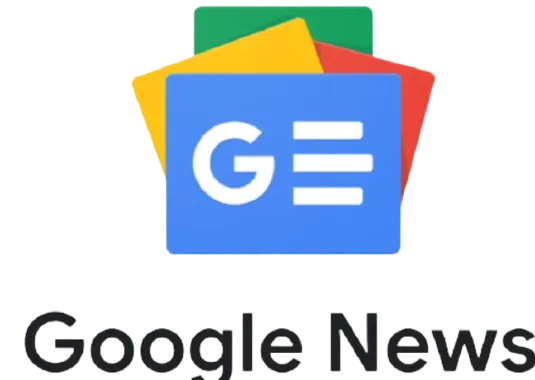Multymeter.com – Digital Products :Google Adx (Google ExChange) is an ad server company that was founded in 1996. And in 2008 Google’s acquisition was colored by controversy because of concerns, with the takeover it would make Google too much control over online advertising.
Through Google AdX, publishers can sell their ad inventory to advertisers and advertising agencies using realtime bidding technology. By building an open marketplace where prices are set in real time auctions, Ad Exchange allows image ads and ad space to be allocated more efficiently and easily across websites.
Sellers can make the most money on their ad space and gain access to more advertisers, while still being able to control who places ads on their sites. Shoppers gain access to more websites and ad space and have more control over ad space.
Digital ad revenue depends on many factors, which can make it difficult to recommend a single platform categorically. Back in 2017, Adnimation conducted research with data from 400 websites showing that Google AdX would generate more revenue.
Choose Google Adsense or Google Adx?
But basically it depends, whether your publication has a large enough audience and the resources and expertise to effectively manage and optimize their advertising performance through Google Ad Exchange.
When the site has a large number of visitors, Google AdX provides a higher opportunity, with the possibility of customization by optimizing and maximizing revenue. However, if visitors feel less than optimal, then Google AdSense is the most appropriate choice, because it is easier to manage and if the management is more optimal, it will provide higher income.
The advantage of Google AdX is that it offers ads programmatically or with real offers. Google AdX has the potential to earn more revenue for publishers, but for this it requires more attention and dedication, or it could be to hire a third party who can manage all operations advertisement.
Gaining access to AdX is restricted by Google to selected publishers with at least 5 million monthly page views. Because publishers using AdX have such a large audience, they expose themselves to the world’s most premium advertisers looking to spend significant advertising budgets on widely traded sites. If you have substantial knowledge of the technology and advertising industry and the resources available to get the most out of the platform, AdX is the right choice for you.
For easier access as a revenue generator, Adsense is the right choice, even for small or specialized publishers. This makes it a popular way to display image, text, video and alternative ads that will target content and site visitors.
You should choose AdSense if you are a small or medium sized publisher with minimal resources dedicated to managing and implementing ads and limited technical knowledge.
Any publisher with a site that complies with the AdSense quality guidelines can apply for an account and get one easily, but to gain access to Google AdX, you must be a publisher of choice with a committed audience.
If you want to use AdX to sell your ad inventory, setting it up can be a little tricky. Since access to the AdX ad exchange is generally reserved for large publishers, Google representatives must manually approve your application.
If you can enter this ad exchange, you will have access to an advanced ad ecosystem with advanced functionality. You’ll be able to set floor prices on ad units and access more buyers and auction types.
If you’re a sizable publisher with a dedicated account manager on Google AdX, you can even negotiate your own ad revenue share. This can have a big impact on your bottom line, as a small percentage change has a big impact due to the large volume of high-traffic sites.
Start by signing up for an ad manager. You’ll get DoubleClick for Publisher (DFP), which is an ad server by Google and Google Account Manager. This person will tell you whether you are eligible for an AdX account or not.
Here’s what you need to be eligible for an AdX account:
5 billion page views per month
Proper brand safety measures
Updated ads.txt file with inventory buyer details
There may be more checks related to ad viewability and security issues. Google AdX may reject a publisher’s website if it is found to display inappropriate content and/or its visibility score is low.
How does Google Ad Exchange work?
There are three types of auctions in Google AdX:
Open auction. Publishers are anonymous and the auction is open to all publishers and advertisers. This is the standard or default auction type.
Private auction. Publishers target selected advertiser groups directly, offering ad placement on their sites. In this case, the publisher is not anonymous, and the publisher’s brand and profile have a profound impact on how well private auctions perform.
Choice agreement. In this mode, publishers offer deals directly to advertisers, offering them exclusive access to selected inventory before entering private or open auctions. Advertisers can then secure placements with publishers that align with their brand, or with a higher conversion rate, in exchange for paying a higher price than in the auction process.
Managing and optimizing Google Adx requires an agency, as well as an ad operations team, or at least special resources, so it is considered more demanding, when compared to Google Adsense.
This option to swap ads can have a big impact on ad revenue, it can have a big impact on if the minimum price setting is too high it can make advertisers ignore your website and choose another cheaper alternative, and this will result in your revenue going down.***






